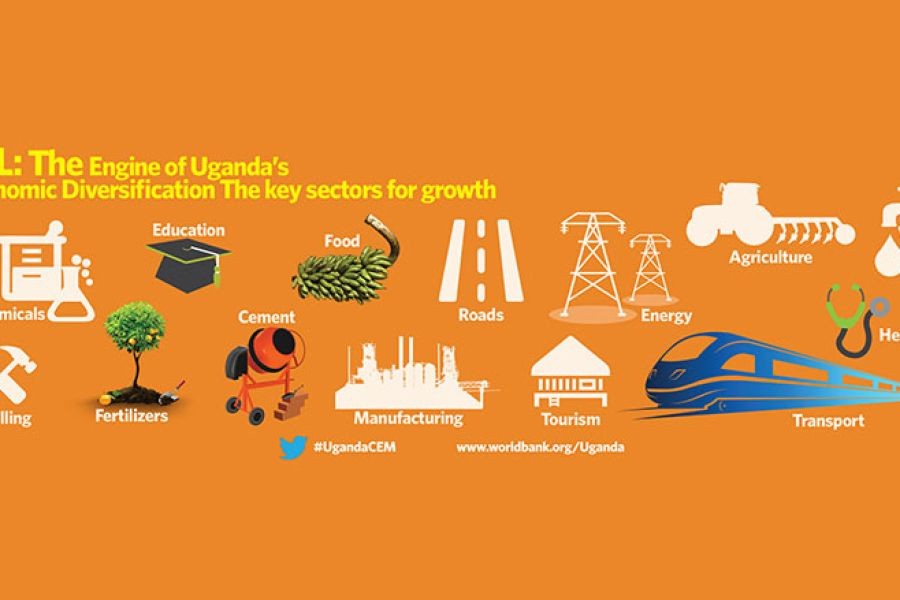In the dynamic landscape of international trade, New Zealand's small business owners are uniquely positioned to leverage the country's trade agreements to expand their markets. The nation's strategic trade partnerships offer a wealth of opportunities, but navigating these agreements can be complex. Understanding how to effectively utilize these opportunities is essential for small businesses aiming to thrive in a competitive global market. This article provides five expert-backed tips for small business owners in New Zealand to effectively navigate trade agreements, ensuring they maximize their potential for growth and success.
Understanding the Value of New Zealand's Trade Agreements
New Zealand's trade agreements are crucial for facilitating smoother transactions and reducing trade barriers. With agreements like the Comprehensive and Progressive Agreement for Trans-Pacific Partnership (CPTPP) and the New Zealand-China Free Trade Agreement, businesses can access reduced tariffs and a more predictable trading environment. According to Stats NZ, trade agreements have contributed to a significant increase in export volumes, with a 20% growth reported in the last five years. Understanding the specifics of these agreements is the first step for small business owners to capitalize on these benefits.
Tip 1: Leverage Tariff Reductions
One of the primary benefits of trade agreements is the reduction of tariffs, which can lower the cost of exporting goods. For example, under the New Zealand-China Free Trade Agreement, tariffs on most goods have been eliminated or significantly reduced. Small businesses should analyze their product lines to identify which items qualify for reduced tariffs and adjust their pricing strategies accordingly to remain competitive.
Tip 2: Stay Informed on Regulatory Changes
Trade agreements often come with regulatory requirements that businesses must comply with. Keeping abreast of these changes is crucial. The Ministry of Business, Innovation and Employment (MBIE) regularly updates guidelines and provides resources for businesses to understand compliance requirements. Small business owners can subscribe to MBIE newsletters and participate in trade seminars to stay informed and ensure compliance with the latest regulations.
Tip 3: Build Strong International Partnerships
Establishing robust relationships with international partners can be a game-changer for small businesses. Participating in trade missions and international expos can open doors to new markets and collaborations. For instance, a Wellington-based tech startup successfully entered the Japanese market through the CPTPP by partnering with a local distributor, resulting in a 30% increase in revenue within a year. Such partnerships can provide valuable insights into local market dynamics and consumer preferences.
Tip 4: Utilize Government Support Programs
The New Zealand government offers a range of support programs to help small businesses navigate trade agreements. The New Zealand Trade and Enterprise (NZTE) provides grants, training, and resources tailored for small businesses looking to expand internationally. Engaging with these programs can provide small business owners with the necessary tools and knowledge to effectively enter and compete in global markets.
Tip 5: Monitor Market Trends and Consumer Behavior
Staying informed about global market trends and shifts in consumer behavior is essential for small businesses navigating trade agreements. For example, the growing demand for sustainable products has led many Kiwi businesses to innovate and adapt their offerings. By aligning their products with international trends, businesses can position themselves favorably in the global market.
Case Study: Kiwi Harvest - Expanding into the ASEAN Market
Problem: Kiwi Harvest, a New Zealand-based organic produce exporter, faced challenges in entering the ASEAN market due to high tariffs and complex regulatory requirements.
- The company struggled with high import tariffs, which made their products less competitive.
- ASEAN countries had varied regulatory standards, creating hurdles for market entry.
Action: Kiwi Harvest leveraged the ASEAN-Australia-New Zealand Free Trade Area (AANZFTA) to reduce tariffs and streamline compliance processes.
- They engaged with NZTE to understand the specific benefits of the AANZFTA agreement.
- The company adapted its packaging and labeling to meet ASEAN standards, facilitating smoother market entry.
Result: Within a year, Kiwi Harvest increased its exports to ASEAN countries by 35%.
- Tariff reductions led to a 15% decrease in product pricing, enhancing competitiveness.
- Compliance with local standards improved brand reputation and consumer trust.
Takeaway: Kiwi Harvest's experience underscores the importance of understanding and utilizing trade agreements to overcome market entry barriers. New Zealand businesses can similarly benefit by proactively engaging with trade agreements and government resources.
Debunking Common Myths About Trade Agreements
Misunderstandings about trade agreements can lead to missed opportunities. Here are some common myths:
Myth: "Trade agreements only benefit large corporations."
Reality: While large corporations do benefit, trade agreements are designed to assist businesses of all sizes. Small businesses can access new markets and reduce operational costs through these agreements.
Myth: "Navigating trade agreements is too complex for small businesses."
Reality: With resources from organizations like NZTE and MBIE, small businesses can access the guidance needed to navigate trade agreements effectively.
Myth: "Trade agreements guarantee success in international markets."
Reality: While they provide opportunities, success depends on strategic planning and market understanding.
Future Trends and Predictions
The future of trade agreements is poised to be shaped by technological advancements and shifting geopolitical landscapes. According to a report by Deloitte, digital trade is expected to grow significantly, with blockchain technology playing a crucial role in simplifying cross-border transactions. By 2028, it's predicted that 40% of trade operations could be facilitated through digital platforms, enhancing efficiency and transparency.
Conclusion
For small business owners in New Zealand, effectively navigating trade agreements is key to unlocking new opportunities and driving growth. By leveraging tariff reductions, staying informed on regulatory changes, building strong partnerships, utilizing government support programs, and monitoring market trends, businesses can thrive in the global market. What’s your take on New Zealand's trade agreements? Share your insights below!
People Also Ask (FAQ)
- How do trade agreements impact small businesses in New Zealand? Trade agreements reduce tariffs and open new markets, allowing small businesses to compete globally and increase revenue.
- What are the biggest misconceptions about trade agreements? A common myth is that they only benefit large corporations. However, small businesses can also leverage these agreements for market expansion.
- What are the best strategies for implementing trade agreements? Engaging with government resources, understanding compliance requirements, and building strong international partnerships are key strategies for success.
Related Search Queries
- New Zealand trade agreements 2024
- Benefits of CPTPP for small businesses
- How to reduce export costs in NZ
- NZTE support for exporters
- ASEAN market entry strategies




































HollyJonso
7 months ago